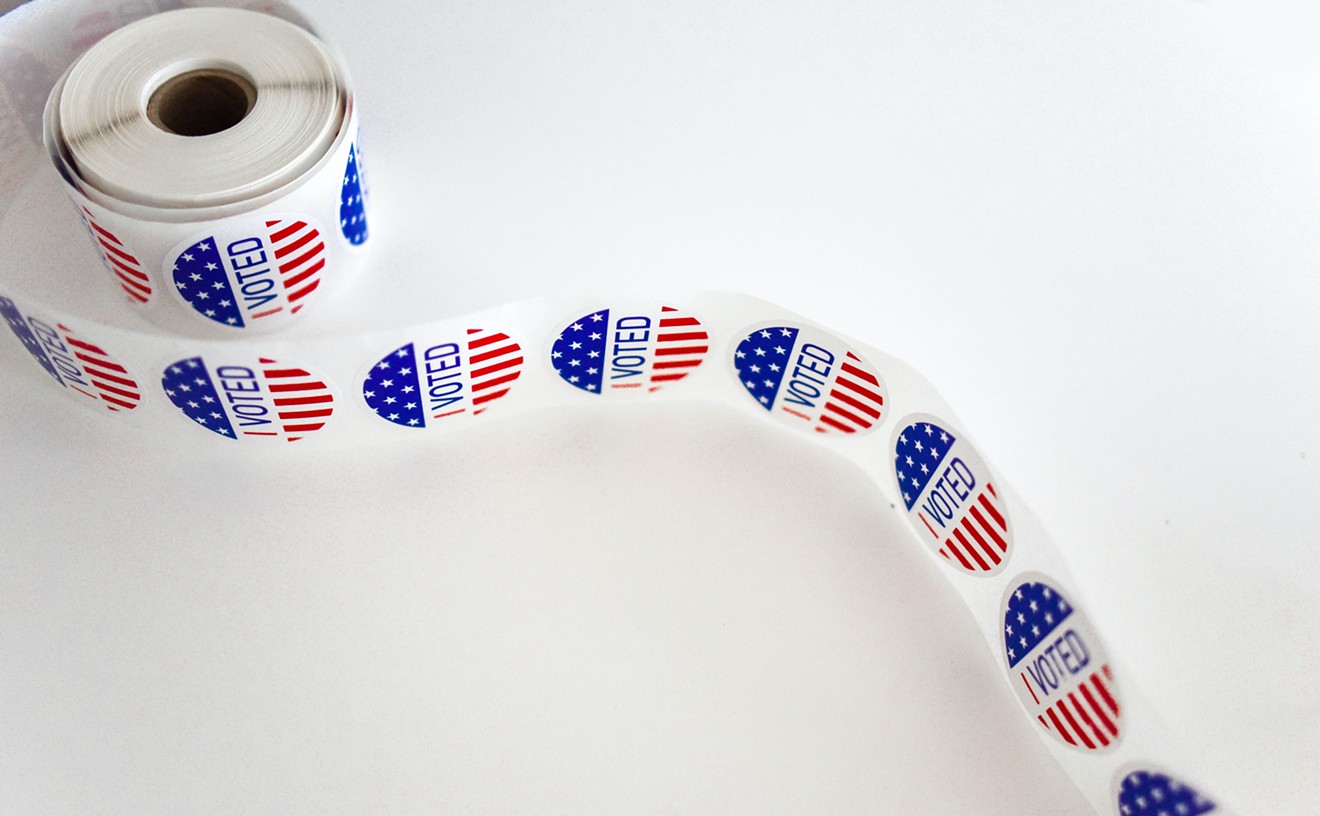Bump stocks were banned in the slaughter’s aftermath, but sales recently resumed once more in the Lone Star State. Gun rights advocates are celebrating the news, but those pushing for greater restrictions are sounding the alarm.
In January, the 5th U.S. Circuit Court of Appeals struck down the ban by the Bureau of Alcohol, Tobacco, Firearms and Explosives. Shops in Texas, Mississippi and Louisiana, within the 5th Circuit's jurisdiction, can hawk bump stocks again, but they’re still illegal elsewhere in the country.
Federal regulators had ultimately neglected to file a stay to stop the ban’s reversal, The Dallas Morning News reported.
The lifting of the bump-stock ban is “dangerous,” said Nicole Golden, executive director of the advocacy organization Texas Gun Sense. The way she sees it, the move “shows [a] complete lack of regard for victims and survivors of gun violence who have experienced repeated trauma in mass shootings here in Texas and across the country.
“Put simply, bump stocks allow semiautomatic rifles to fire faster — resulting in greater deaths and injuries more swiftly,” Golden continued via email. “Texas has a long history of responsible gun ownership, and we know that the majority of gun owners support common-sense public safety solutions in balance with second amendment rights.”
After the Uvalde school shooting in May that left 19 students and two teachers dead, around three-quarters of the state’s voters indicated that they support red flag laws, which allow authorities to take weapons away from those deemed a threat to themselves or others, according to a poll by the center-left think tank Third Way and GS Strategy Group, a Republican polling firm.
The Lone Star State doesn’t place high when it comes to the strength of its gun laws, ranking at No. 32 in the nation, according to advocacy group Everytown for Gun Safety. Texas also sees nearly 3,650 deaths by gun per year.
Issued by the administration of then-President Donald Trump, the bump-stock prohibition meant that those who owned the devices had to either destroy them or hand them over to ATF. The Dallas Morning News reported that some 60,000 units, worth millions of dollars, were destroyed in 2019.
Michael Cargill of Austin filed suit against ATF to challenge the ban, which took effect in March 2019.
The ATF argues that bump stocks should fall under the definition of “machine guns,” which are largely prohibited under federal law. Cargill contends that it’s up to Congress alone to make such a change to federal statute, not government agencies.“Put simply, bump stocks allow semi-automatic rifles to fire faster — resulting in greater deaths and injuries more swiftly.” – Nicole Golden, Texas Gun Sense
tweet this
Aidan Johnston, the director of federal affairs for the Gun Owners of America, broke down the situation to the Observer.
“The 5th Circuit said bump stocks are not machine guns, and you have ... an ATF rule that says they're illegal machine guns,” he said. “There's nothing saying that [rule] is invalid. There's just something saying that the definition they used in the rule is incorrect.”
Johnston believes that gun owners have a constitutional right to own, sell and manufacture bump stocks. Still, there hasn’t been an “explicit ruling from the court pursuant to the 5th Circuit that’s actually codifying that as precedent,” he said, describing it as “a legal gray area.”
At this point, the lack of an explicit ruling has left gun owners “in the crosshairs of the federal government,” Johnston said. It also introduces a massive question mark for firearm retailers, who under the bump-stock ban could face 10 years in federal prison and a $250,000 fine per sale.
Certain gun-friendly conservatives have backed the bump-stock ban, though. Texas Republican Sen. John Cornyn recently said that “ordinary sportsmen” and those looking to defend their homes and families aren’t the ones typically purchasing such a device.
“Obviously, we saw in Nevada how it could be used to take the lives of a lot of innocent people,” Cornyn said, according to The Morning News. “So I’m concerned about it.”
Shootings remain a problem in Dallas. Within the span of a week this March, at least 13 people reportedly died from gunfire in the city.












